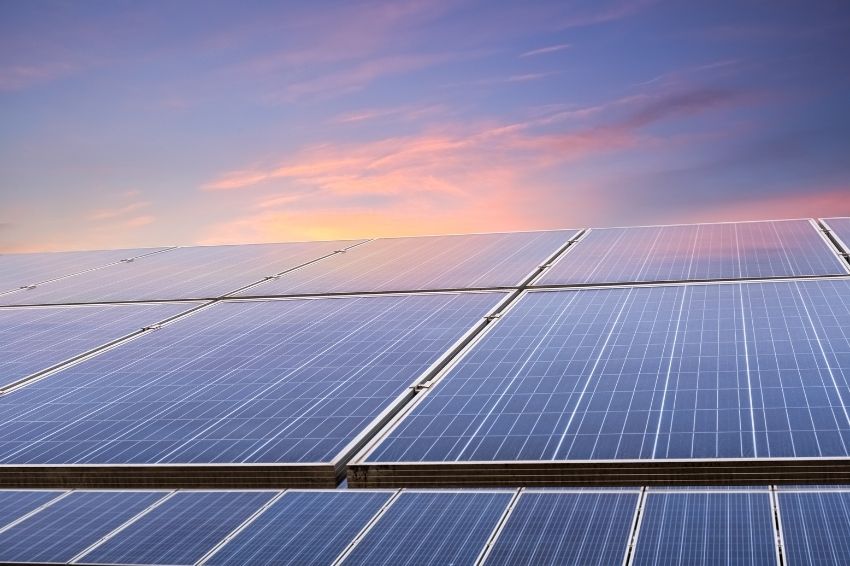The presence of renewables in Brazil's electricity matrix is today at a level above that of other countries in the world. This is the assessment of electrical engineer Hélvio Guerra, director of ANEEL (National Electric Energy Agency).
“Our electrical matrix presents a privileged environmental condition, being among the most sustainable in the world (…) Brazil has already reached where many countries will take years to reach with their energy transition programs. We Brazilians should be proud of this condition”, he stated during ANEELcast, the Agency’s podcast.
According to Guerra, the privileged condition in which the country finds itself is the result, above all, of hydroelectric plants. “Today, 83% of the electricity we consume comes from renewable sources. Of the 186 GW installed, 58% are from hydroelectric plants; 7% of biomass; 9% wind turbine; 2% photovoltaic; and another 7% of distributed generation and self-production of energy”, he stated.
Still according to him, ANEEL estimates that renewable sources will represent 85% of the Brazilian electricity matrix by the end of this decade, with emphasis on solar sources.
“In 2030, we will still have a predominance of hydroelectric plants with 49%, but I highlight the expected growth for photovoltaic plants – which should reach 4% – and for wind plants, which should follow the same growth rate, potentially reaching 13%”, he highlighted.
Counterpoint
For ABSOLAR (Brazilian Photovoltaic Energy Association), the estimate presented by Guerra, with regard to the expansion of renewable sources in the energy matrix, is positive.
The entity also believes that this expansion will be driven, in particular, by solar and that by the end of this decade, renewable sources will significantly increase their presence in the country's electrical matrix.
However, the entity questions the ANEEL director's prediction that less than 5% of the electrical matrix will come from photovoltaic sources by 2030. According to Rodrigo Sauaia, president of ABSOLAR, the tendency is for this number to be higher.
“We believe that the participation of the expansion of centralized generation will be greater than that presented in the planning and that this greater fraction of photovoltaic solar energy in the expansion of the Brazilian electrical matrix will help reduce the price of energy for the final consumer”, he explained.
Already in regarding the statement of war that Brazil is today a reference in the generation of renewable sources, Sauaia pointed out that the country, in fact, came out ahead of others in the past because of the large investment made in hydroelectric plants.
However, he warned that climate change could reduce the potential of this source in the country and highlighted the importance of diversifying the electrical matrix so as not to depend exclusively on water sources.
“WAs the rainfall regime has changed, it is essential that there is a process of diversification of the portfolio of renewable sources to avoid a concentration of risk of scarcity and an increase in operating costs when there is a lack of water”, he explained.
Read too: Low level of hydroelectric reservoirs reinforces the importance of solar energy
According to him, a renewable 83% electrical matrix has always been a differentiator for Brazil in relation to the rest of the world. However, other countries, such as the United States, are organizing themselves so that their electrical matrices become 100% renewable in a few years.
“The question that remains in this sense is: will Brazil stop in time and continue with only 85% of renewable matrix until 2030? Are we going to let other countries get ahead of us? I think it is necessary to turn a key in the government's vision so that we continue to be the renewable leadership that, for now, we still are”.















